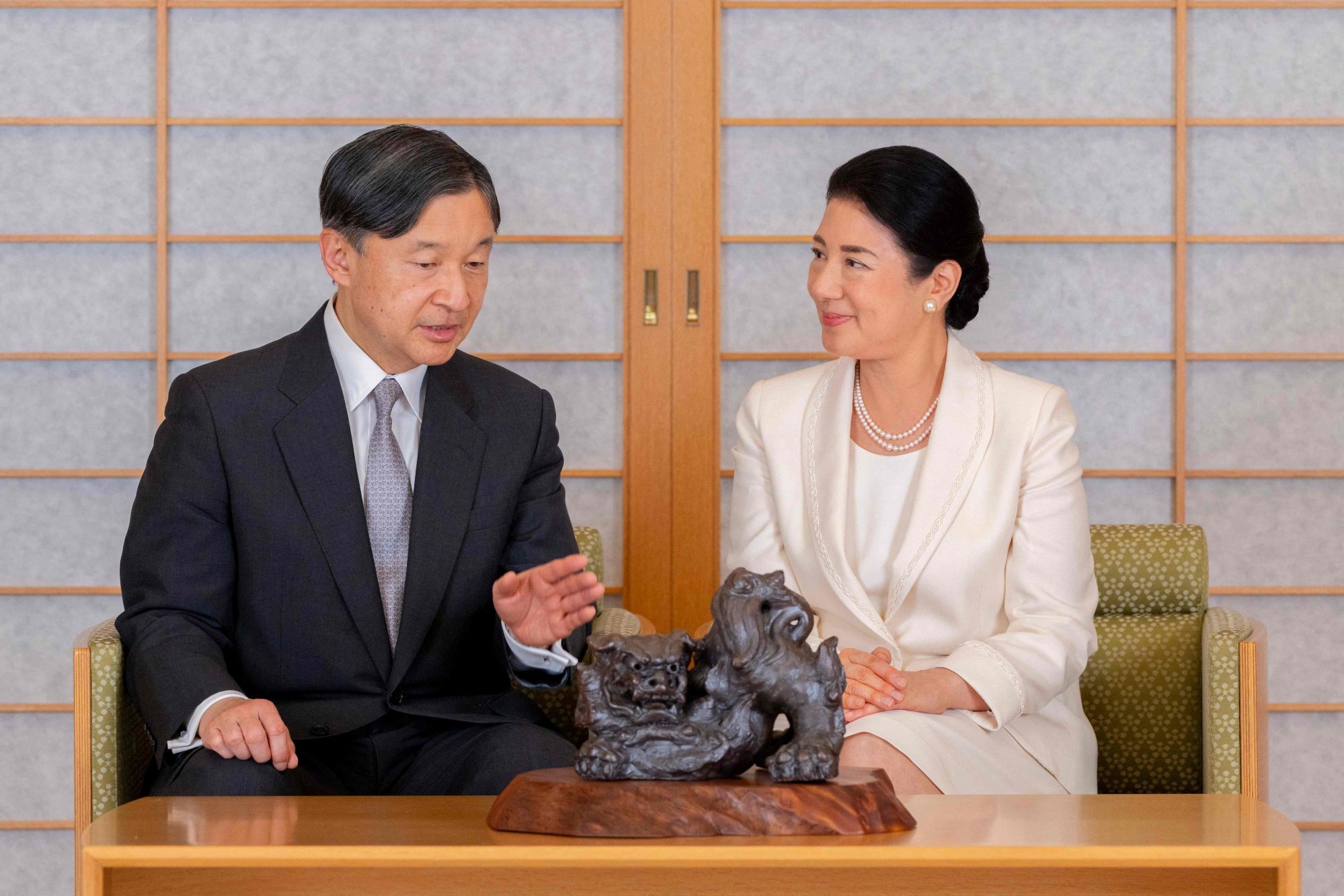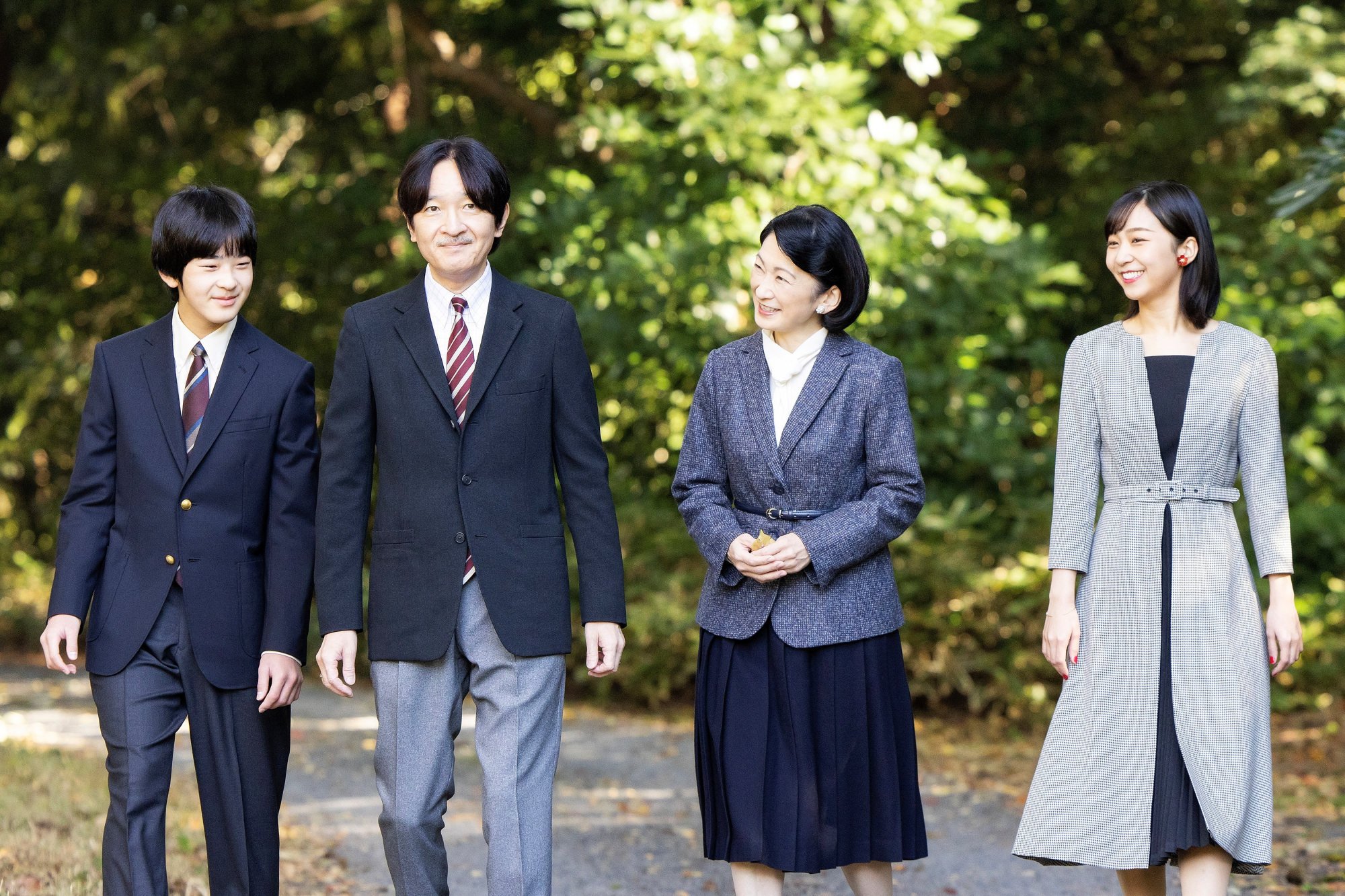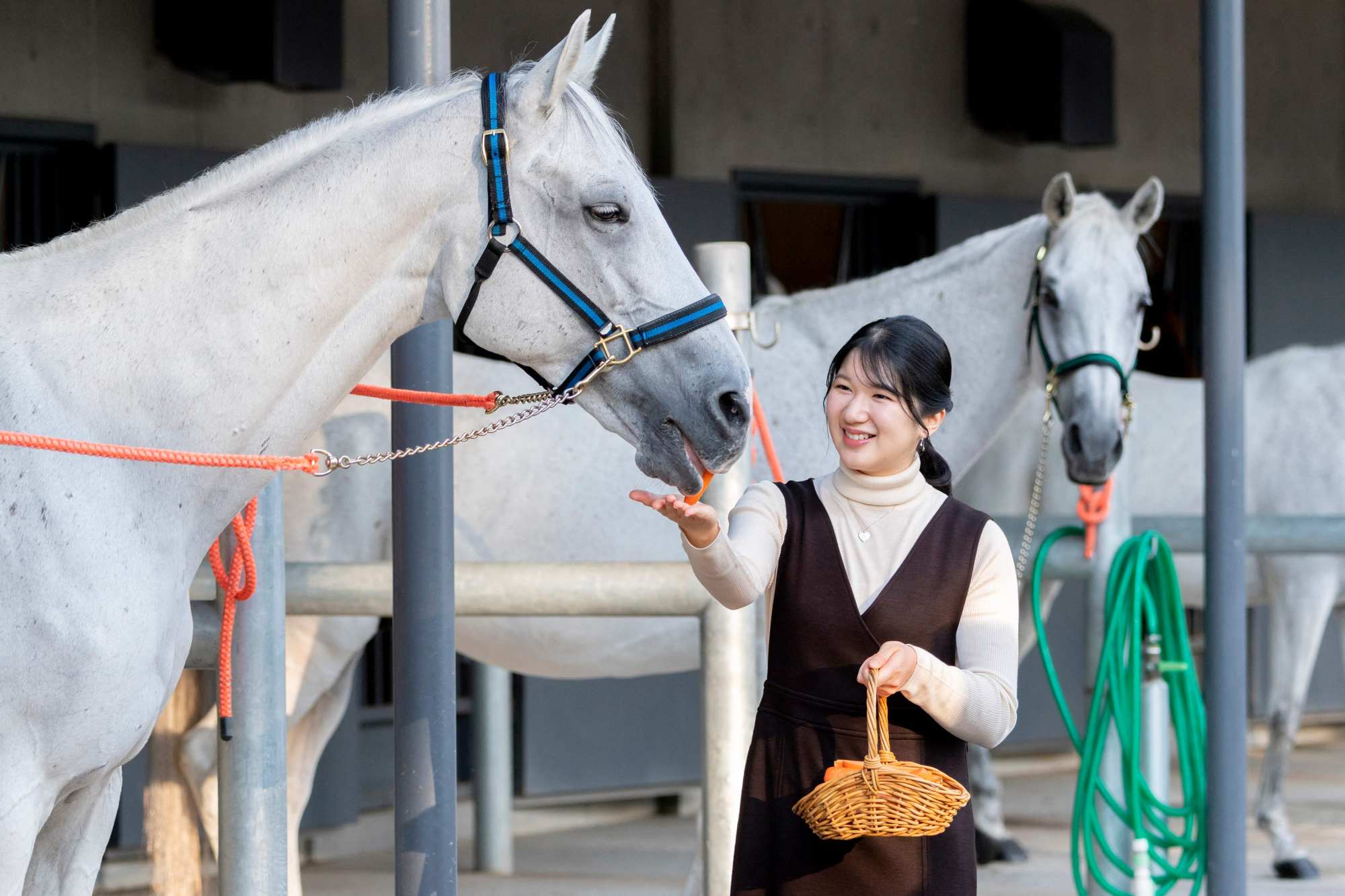Most young Japanese have no interest in the imperial family and feel no closeness to the monarchy, according to a new survey, a surprising finding given the country’s traditional reverence for the royals.
Analysts suggest the trend reflects broader societal shifts and the dominance of digital media in shaping young people’s perceptions, reducing their exposure to symbols of national identity.
The survey was conducted by The Nippon Foundation in May and asked 1,000 Japanese aged between 17 and 19 about their attitudes on the issue, with 55.7 per cent saying they have little or no interest in the imperial family and 53.4 per cent saying they have no sense of closeness to the emperor or his family.
Nearly half of those who expressed no interest in the imperial family could not think of any way to promote such interest among young people. Other respondents have suggested that individual members of the family might generate greater interest by engaging with the public through social media.
Yoshihisa Nagasaku was not questioned for the survey but, as a 17-year-old student from Yokohama, said the findings aligned with his opinions on the issue.

Japan’s Emperor Naruhito and Empress Masako at the Imperial Palace in Tokyo. Photo: AFP
“I never see or read anything about them so I do not think I know them in any way,” he told This Week in Asia.
“I have exams coming up so I have to focus on that, but when I have free time I spend it with my friends,” he said. “I do not think I have ever talked about the imperial family with them.”
Nagasaku said he received news on his mobile phone rather than from traditional media sources and said the last time he saw the emperor on television was at his coronation in October 2019.
The results of the survey come as a surprise as the Japanese have been longtime supporters of the imperial family and its members. Thousands turned out to watch the festivities surrounding the coronation of Emperor Naruhito in 2019 and his wedding to Masako Owada in 1993, with many millions more watching both events on television.
A study conducted by national broadcaster NHK immediately before the emperor’s coronation found that 70 per cent felt an “affinity” with the imperial family and an identical proportion said the monarchy was becoming closer to the lives of ordinary people.
Subsequent opinion polls have focused on support for a change in the law to permit a woman to assume the Chrysanthemum Throne, with as much as 80 per cent indicating they are in favour of an empress. To the frustration of the majority of the Japanese public, conservatives in the Diet have steadfastly blocked discussions of the issue.

Japan’s Crown Prince Akishino and Crown Princess Kiko, stroll with their son and daughter, Prince Hisahito, and Princess Kako, at the Akasaka imperial property residence in Tokyo. Photo: Handout via Reuters
Makoto Watanabe, a professor of communications and media at Hokkaido Bunkyo University in Eniwa, Hokkaido, said declining interest in the world’s oldest continuous hereditary monarchy “is probably a general trend, but more obvious among young people”.
“Young Japanese have no interest in what is going on beyond their immediate surroundings,” he said. “These are digital natives whose environment is catered for by the artificial intelligence and logarithms that decide what they see on their mobile phones.
“That means that they see less and less of anything they have not previously shown an interest in and, inevitably, their interests are narrowed,” Watanabe said. “And if they have shown no interest in the imperial family before, then that will not show up in their news feeds.”
The Nippon Foundation survey showed that only 5 per cent of Japanese youngsters indicated an interest in and affinity for the imperial family, with Watanabe suggesting that segment correlated with the 4.6 per cent who said they followed the Instagram account launched in April by the Imperial Household Agency to highlight the family’s activities.
The agency said it started the page – which presently has 1.7 million followers – to promote understanding of the imperial family, with an official telling the Asahi newspaper on April 23: “We will continue to refine our public relations approach, engaging a wider audience, including younger generations.”
Watanabe said the effort did not appear to have resonated with younger Japanese, but he believed the agency could make some headway by tailoring the information on the page to entice this demographic.

Princess Aiko feeding a horse at the Imperial Household Agency of Japan’s stable in Tokyo. Photo: AFP
“To reach a younger audience, they should highlight the activities of the younger members of the imperial family.”
Princess Kako recently paid an official visit to Greece, which attracted considerable media attention in Japan, Watanabe said, with the princess emerging as something of a “fashion leader”.
“The princess chose to wear reasonably priced items of fashion that are readily available in regular shops and a lot of young Japanese saw that and have chosen to buy the same clothes,” he said.
Princess Aiko, the daughter of the emperor, has also been covered by the domestic media, winning applause for spending long hours at the Tokyo offices of the International Red Cross.
“These younger members of the family are setting good examples, performing important, high-profile roles and attracting a lot of attention,” Watanabe said. “It also helps that they are women.
“If young people look up to these sorts of young people as a new generation of role models, then I have confidence in the long-term future for the imperial family.”

>>> Read full article>>>
Copyright for syndicated content belongs to the linked Source : SCMP.com – https://www.scmp.com/week-asia/lifestyle-culture/article/3268364/online-savvy-young-japanese-feel-no-affinity-imperial-family-survey-shows?utm_source=rss_feed










